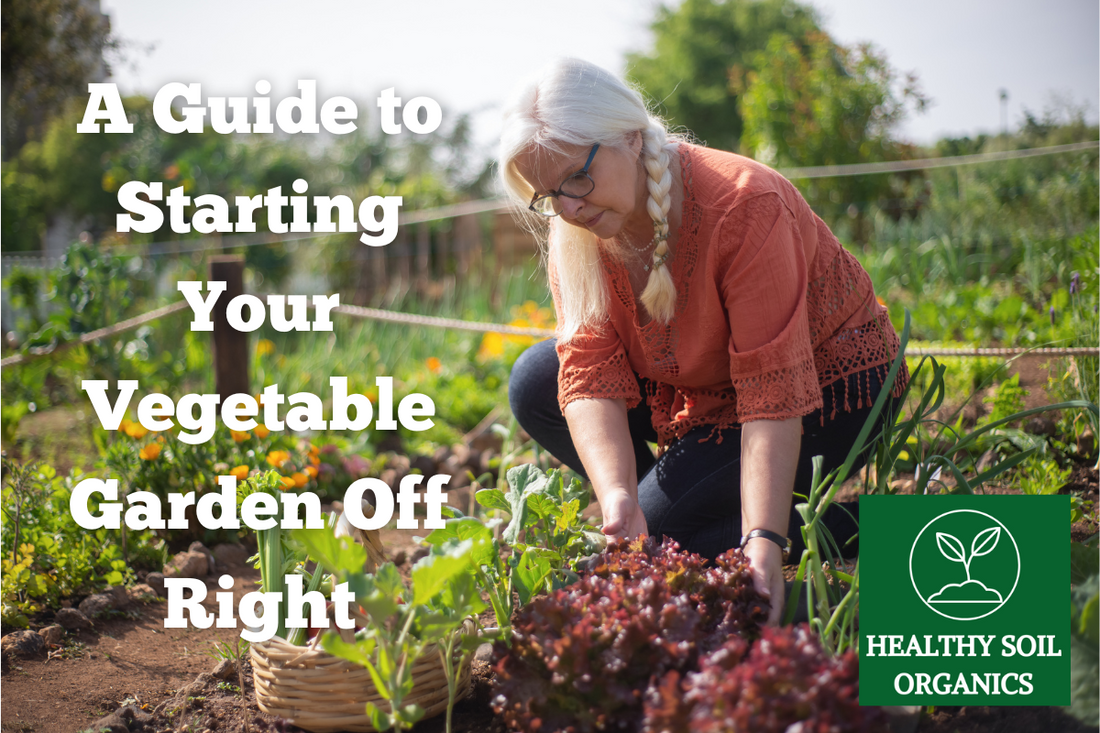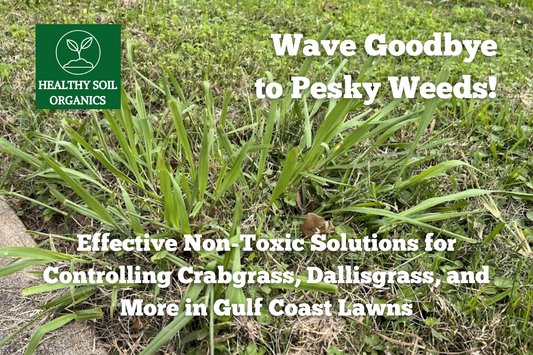Spring is the perfect time to start an organic vegetable garden. With the right tools and techniques, you can grow fresh, healthy, and delicious vegetables right in your own backyard. In this article, we'll show you how to get your organic vegetable garden started for spring using only organic, all-natural materials.
Soil Amendment: The first step in creating a successful organic vegetable garden is to amend the soil with a high-quality fertilizer. MicroLife Ultimate 8-4-6 granular fertilizer is a great option as it contains beneficial bacteria and rich organic soil foods that promote optimum plant health and excellent production of organic vegetables. Simply spread the fertilizer evenly over your garden plot and work it into the soil.
Deciding What to Plant: When deciding what to plant, it's important to consider the amount of sunlight your garden gets, the size of your plot, and the type of plants you like to eat. In Texas, spring is an ideal time to grow a variety of vegetables including lettuce, spinach, peas, radishes, kale, carrots, beets, chard, and turnips. These vegetables do well in cool weather and can be harvested before the heat of summer sets in.
Fertilizing Your Plants: To fertilize your plants, MicroLife Ocean Harvest liquid organic fertilizer is a great option. The recommended application dosage is 4 oz per gallon of water, applied to the plants until their leaves are dripping with either a watering can or a hose end sprayer.
Raised Beds: For raised beds, consider using Nature's Way Garden Mix Lite garden soil mix. This is available in 40 lb bags and is a great option for smaller projects.
Watering: Regular watering is crucial for keeping your garden healthy. Organic gardening practices suggest using a watering can or soaker hose, instead of a sprinkler system, to minimize water evaporation and conserve water.
Pest Control: To keep pests at bay in your organic vegetable garden, try companion planting. Companion planting is a technique where you plant different crops together that can benefit each other in some way. For example, planting radishes next to lettuce can help deter aphids from the lettuce, while planting beets near kale can help protect the kale from leafminers. Other companion planting combinations to try include planting peas and carrots together, or planting chard and turnips near each other. By using companion planting techniques, you can keep pests under control and help your plants grow strong and healthy.
Harvest: As your plants grow and mature, you'll be able to harvest fresh, organic vegetables right from your own garden. Enjoy the fruits of your labor and continue to maintain your garden by regularly watering, fertilizing, and adding organic matter to the soil.
With the right tools, techniques, and a little bit of patience, you can grow a successful organic vegetable garden this spring. Happy planting!




